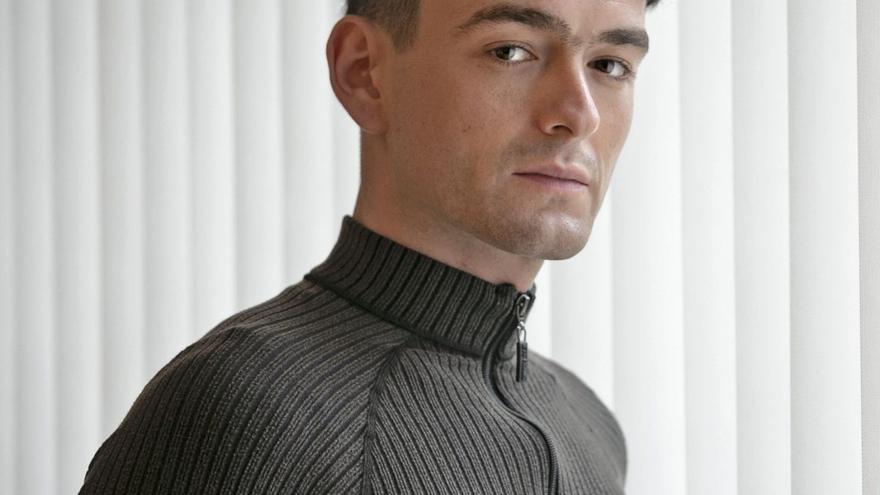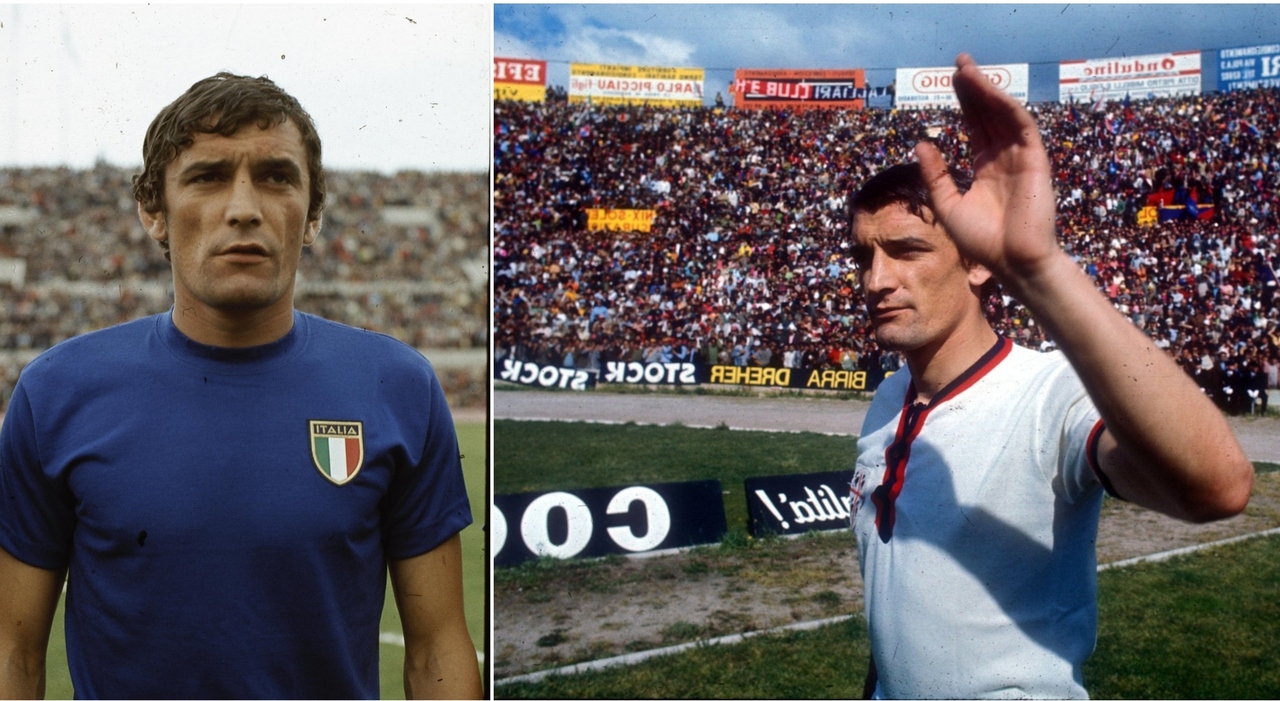The aesthetic and enigmatic prose of Ofert a les mans, el paradís crema, which drinks from the poetry cultivated in his award-winning poetry collections Tanta gana and La Part del foc, follows the doubts of two young people, Líton and Rita, at the beginning of the AIDS epidemic in a land scorched by drought.
As a child, Rita spends time in the cemetery. Am I wrong if I say he shares this experience?
It's my emotional landscape. I grew up next to a cemetery, and I see it from the window of my house in Tarragona. He also saw a six-lane highway: asphalt. This makes you a certain way. I am often asked about death in my work. I don't raise it as a topic, but it is a constant presence. It's part of life, for me it's natural and obvious. I don't fear her. I fear the death of those around me more than my own death. I fear the transformation that your present entails and for which you are not prepared.
How is this emotional scene reflected?
At a meeting of poets in Switzerland I was asked: “What color does your language say?” It's the color of my childhood, it has something to do with the gray of asphalt and the cemetery. But I see language as green and transparent, because through writing I sought to contrast with my emotional landscape. It reflects not so much escaping it, but thinking about alternatives to my environment and the present. Such characters search for alternatives to their reality.
One of them says: “One day you will die and that's it.” He talks about the beginnings of AIDS, when no one yet knew what this virus was.
I wanted to explore the legacy of AIDS on a generation that did not experience it. I've always been interested and read a lot about it. I didn't look for witnesses, because it seemed like abuse to introduce someone's story into my novels. It's not true that you can't write about things you haven't tried. Calculating experience and certification is dangerous. Everything leaves a trace, an imprint. There is a rationality in the queer world that has to do with a terrifying moment that we have not experienced, but that still affects our reality and the way we love. This strange way of love is characterized by silence, death, and the unexpected.
Do we think a lot about death but are we afraid to talk about it?
We think about death more than we care to admit, not because it is taboo, but because what it entails frightens us: saying goodbye. To say dead is to say goodbye, to say the end. It hurts us to think about endings, to say goodbye to things.
Has the stigma of AIDS been overcome?
of course not. The ignorance on the subject is admirable. Even though it's no longer news, it may seem like we've absorbed it, but we haven't. It's so powerful that people don't know that undetectable means untransmissible. Misinformation means stigma. The result is marginalization and pain.
Layton comes from town. Rita lives in Cologne. What unites them?
They understand each other even though they come from opposing social and economic contexts. The novel deals with the conflicts resulting from the meeting of these two worlds. Despite the difference, they are faced with the helplessness they experience in the face of failed expectations, in the face of a promise that has not been fulfilled, in the face of an end that they cannot control. It is a novel about exploring boundaries. Among the obvious – climate, territory, class – and the silent, the painful: they are united by the pain of not being able to have what they want, of leaving a cursed city, of a life they do not want. Wants.
They are suffering from historic drought, such as the current drought in Catalonia.
This coincided with a drought emergency. This indicates that it is neither dystopia nor science fiction. Talk about the present. I started writing it when the wildfires broke out, here in Greece, and in Canada…
Do you feel helpless in the face of climate change?
Layton and Rita react sadly to the inability to change their present. I feel like we're broken. There is a lot of pain, a lot of sad people, and a general sense of hopelessness.
The colony's three grandmothers feel like “expired people.” Have we realized during the pandemic how to besiege the elderly?
completely. There is an unbridled tyranny of the young and productive body. Here is the body of a terminally ill young man. Writing about these grandmothers was to reclaim some voices, a glimpse into the world I wanted and that I was lucky enough to be offered by elders like my grandmother.
In addition to the beginnings of AIDS, Leyton and Renee do military service, record music on cassette tapes… It's the 1980s, and it's very foreign to their generation.
Writing allows me to escape from the present. I hate being a slave to facts when writing. I am interested in feelings and relationships… I loved writing about a world that I had not experienced but that came to mind. I heard the stories of my grandparents' mills, my grandmother's culinary knowledge is my grandmother's knowledge, and the children were given scrambled eggs with old wine and sugar. AIDS… I haven't tried it. But the memory we do not know shapes us. The sadness and grief of the characters is not their own. The sadness and pain I feel, the way I love, is not my own. I want to map the pain the characters feel.
Does it reflect the uncertainty of young people?
Related news
Uncertainty transcends generations. They live it not because they are young. Grandmothers also feel the pain of assuming that the world they represent is coming to an end. I write about how to channel uncertainty.
He does not abandon the topic of family. — Family is a hellish and bright place at the same time, in which you are born a religion that always accompanies you. And through my writing. It's a space where you negotiate who you want to be with someone who already has an idea of what you should be.

“Infuriatingly humble social media buff. Twitter advocate. Writer. Internet nerd.”









